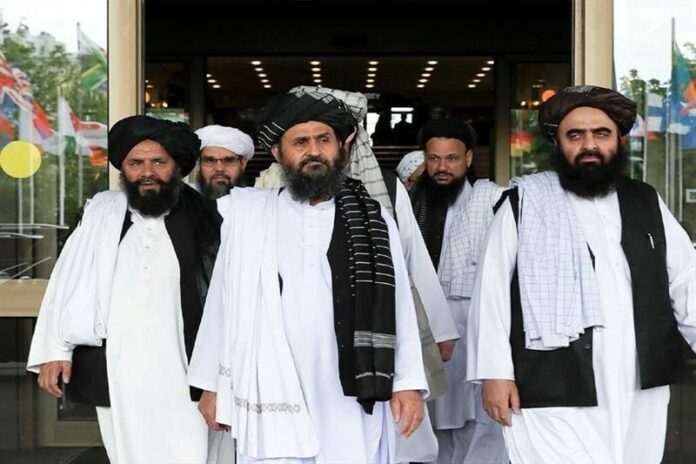Afghan Taliban officials are set to attend a prominent UN climate summit in Baku, Azerbaijan, marking their first presence at a UN event of this scale since assuming power in 2021. The Afghan Foreign Ministry confirmed Sunday that representatives from the Taliban-led National Environmental Protection Agency have arrived in Azerbaijan to participate as observers at the COP29 climate conference. This attendance is one of the highest-profile international engagements by Taliban authorities since their takeover.
The United Nations has yet to recognize the Taliban as Afghanistan’s official government, primarily due to human rights concerns, particularly regarding women’s education and mobility restrictions. Consequently, Afghanistan’s participation in COP sessions has been effectively stalled since the Taliban’s rise to power. Afghan NGOs also face challenges in attending international climate negotiations.
Despite this, Azerbaijan extended an invitation allowing Afghan officials to attend as observers, enabling them to engage in side discussions and possible bilateral meetings, according to a diplomatic source. Since 2021, Taliban representatives have participated in some regional events, though they have not received formal credentials at UN forums, given their unrecognized status.
This limited participation highlights Afghanistan’s pressing climate challenges, including devastating droughts and flash floods that have killed hundreds and severely impacted the country’s subsistence farmers. Afghanistan, heavily dependent on agriculture, ranks among the nations most vulnerable to climate change.
Some advocates argue that the international isolation of the Taliban worsens the Afghan people’s plight. Habib Mayar, of the intergovernmental organization g7+, stated, “Afghanistan is being left behind in meeting its needs” amid rising humanitarian concerns. Critics of isolating the Taliban warn that this approach impacts ordinary Afghans the most, compounding their difficulties in the face of climate threats and humanitarian crises.



